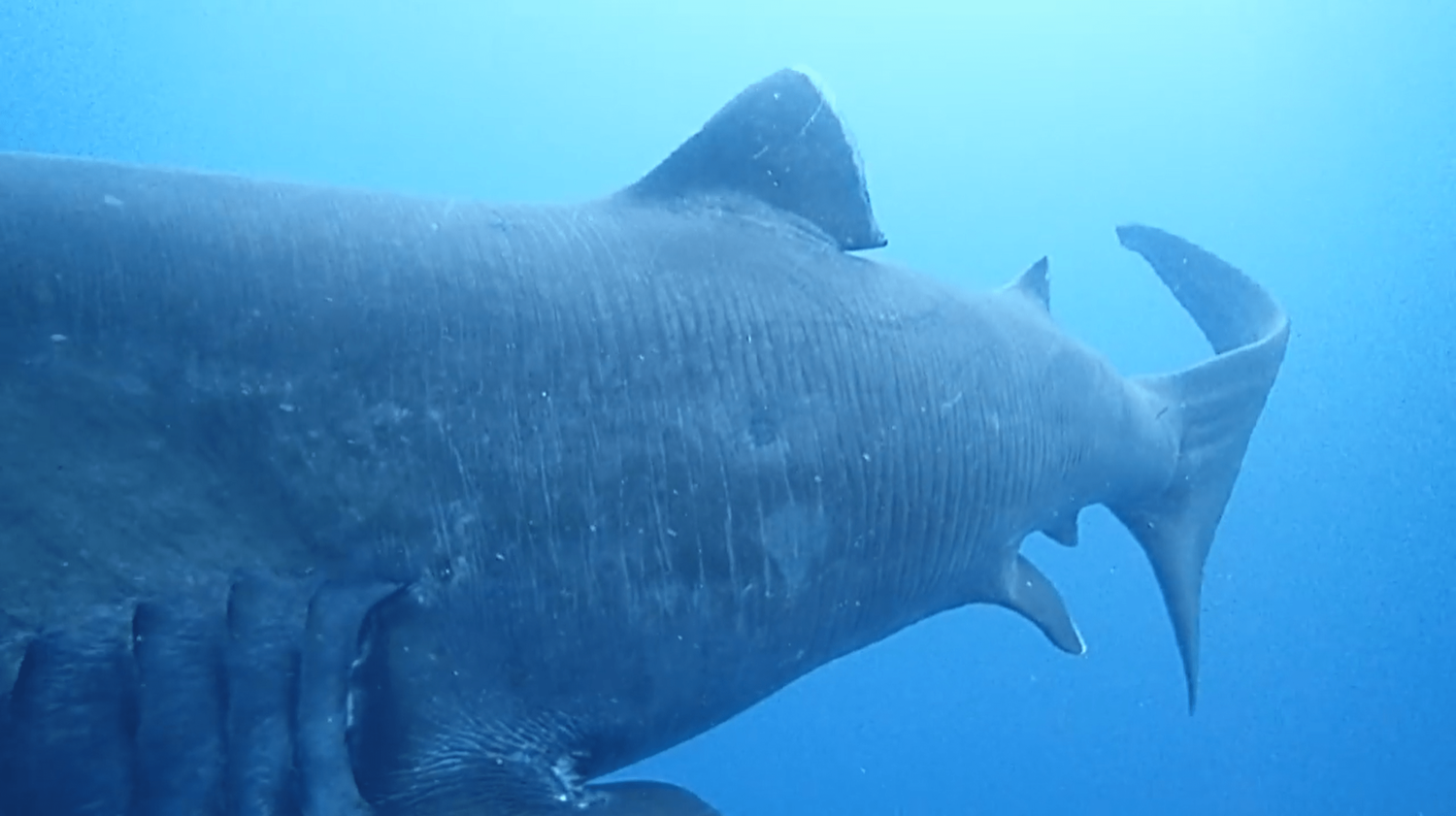Breakthrough: Taiwan to ban catching of three rare shark species

Image: Hiroyuki Arakawa 2020
The day after Shark Awareness Day, Taiwanese authorities formally announced a ban on the fishing of megamouth, great white, and basking sharks in Taiwanese waters.
The decision is a major step forward for shark conservation as the world grapples with alarming insecurity in global shark populations. Taiwan is believed to be the first major shark fishing country in Asia to introduce an outright ban on catching any of the three large shark species.
The new regulation closely follows the inking of a cooperation agreement to protect megamouth sharks between EAST and an unnamed fishing operator on July 13, and requires all members of the three shark species caught in Taiwan to be returned to the sea, regardless of whether or not they are alive when caught. Catchings must also be reported to authorities upon return to port.
The decision builds on the establishment of a mandatory catch reporting system in 2013 and new provisions for government-appointed observers on fishing vessels in early 2020, both called for by EAST.
The three species encompassed in the new regulations are all large-bodied migratory sharks capable of reaching lengths in excess of six metres. Megamouth and basking sharks feed primarily on plankton, and make up two of the three filter-feeding shark species known to humans.
Figures from the Fisheries Agency's catch reporting system show fishers in Taiwan have captured 138 megamouth sharks, 35 great white sharks, and one basking shark since the species' respective records began. Megamouth sharks have only been documented 230 times by humans, with the high number of catchings in Taiwan attracting international attention last month as six sharks were caught in the space of four days off the coast of Hualien County. Taiwan is the world's fifth largest shark fishing nation, accounting for around 7% of the global shark catch.
Details of the ban were published on the Fisheries Agency website on Wednesday, with the notice citing the need to protect the diversity of marine ecosystems and ensure the health and productivity of ocean fisheries. The ban sees megamouth, great white, and basking sharks join the ranks of whale sharks and giant oceanic manta rays, which were made off-limits to Taiwanese fishers in 2008 and 2018.
EAST Deputy Chief Executive Yu-Min Chen hailed the decision, saying "This is a monumental step forward for shark conservation in Taiwan and the Asia-Pacific. After years highlighting the plight of these species, we welcome this move by the Fisheries Agency to protect our world-class marine ecosystems."
Scientific research will be prioritized under the new arrangements, with scientists who wish to conduct legitimate research still be able to gain access to the sharks. The regulation will take effect in 60 days if no objections are raised during the consultation period.
Media contact
Yu-Min Chen, Deputy Chief Executive
Environment & Animal Society of Taiwan (EAST)
Mobile: +886 (9) 1015 0908
Phone: +886 (2) 2236 9735










